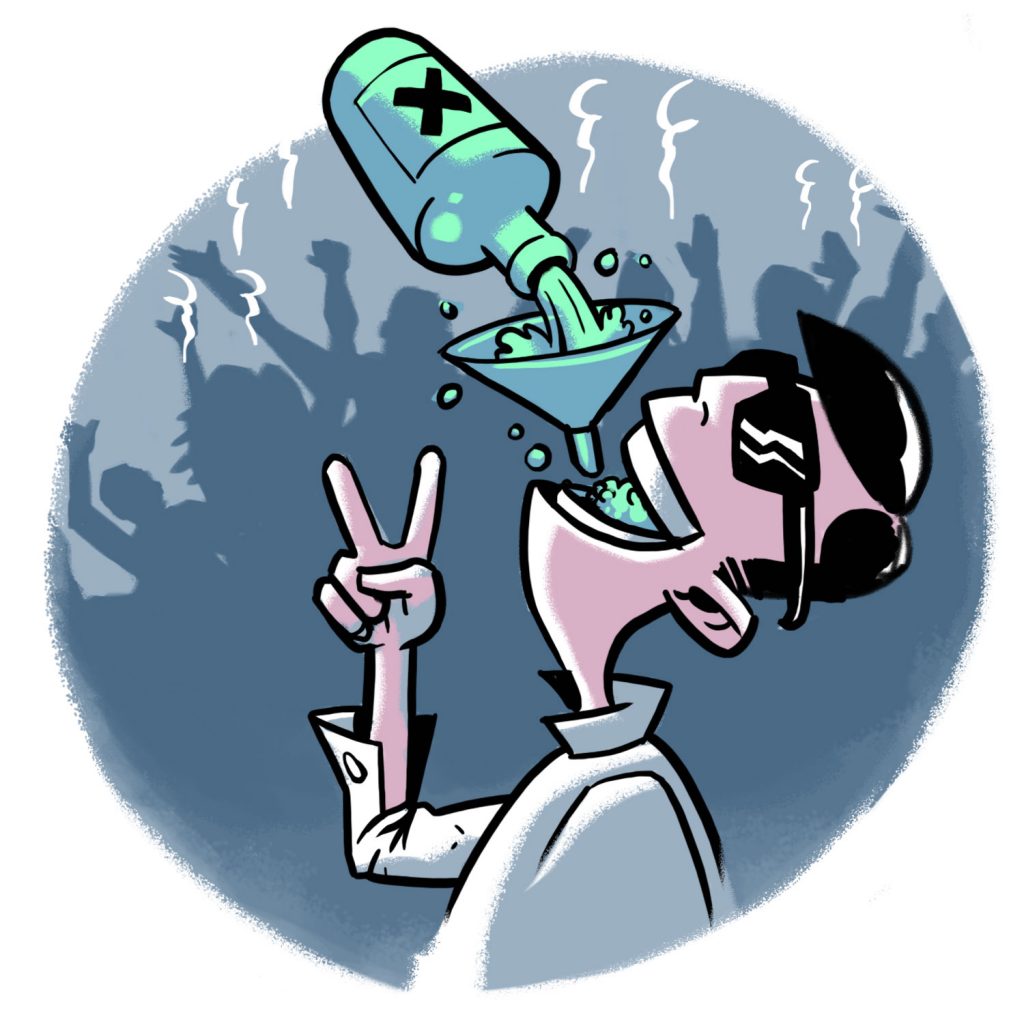Stories
Thomas

Sarah

Elizabeth

6 Tips
Secure your accounts
Configure the privacy settings on all your accounts to make sure that your posts can only be viewed by people you trust. You can delete any old accounts that you no longer use or any of your old posts that could be embarrassing. You can also check your friends lists to make sure they only include people you really know.
Stay anonymous
Whenever you want to debate or express opinions on a controversial topic, do it on a platform where you can use an alias and remain anonymous.
Respect others’ privacy
Sharing compromising or embarrassing images of someone can cause them hurt or humiliation. When someone sends you a picture of themselves, they don’t expect you to share it with anyone else.
Be careful who you trust
On the Internet, malicious individuals can hide behind a false identity. They may attempt to earn your trust to obtain sexually explicit images of you and then threaten to share them.
Know your rights
If someone ridicules you on the Internet, or repeatedly sends you hurtful messages, threatens you, or tries to intimidate you, that is cyberbullying. You have rights! Consult our list of 3 Things You Can Do.
Think before you post!
Before posting, remember that this could stay online forever. Even if you delete the posts, someone may have already taken screenshots and circulated them. Someone you’ve sent pictures to privately could also share them with others.
Know your rights – 3 things you can do
- If someone shares an image of you without your permission, you can ask them to remove it. Other people must have your consent before they can share content such as images or videos that concern you.
- If someone posts sexually explicit images of you on social media, you canreport it to the online service for removal . The site NeedHelpNow.ca is there to help you in these situations.
- If you need help to assert your rights or if you are the target of cyberbullying, you can:
- Talk to a trusted adult, such as a parent or teacher
- Contact organizations that can offer you help, such as Tel-jeunes or Kids Help Phone
- contact the police
Resources
- You have rights against the companies that provide you with online services. These companies must comply with the Personal Information Protection and Electronic Documents Act. One of the rights this law gives you is to access the information these companies hold about you and ask for it to be removed. To find out more, go to the Office of the Privacy Commissioner of Canada website.
- For more information on cyberbullying, cybersecurity and online reputation, consult thisguide on privacy.
This project was funded by the Office of the Privacy Commissioner of Canada (OPC); the opinions expressed herein are those of the author and do not necessarily reflect those of the OPC.
